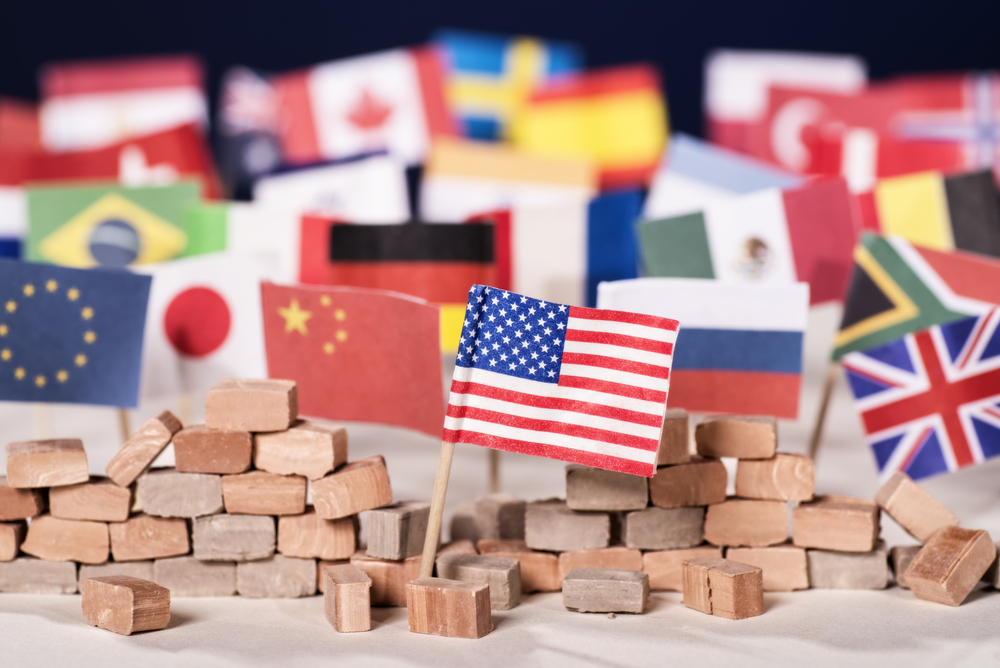A Brave New World for Trade? Discussing the Trade Strategies of the US, EU, Japan and China

Practical information
The global environment for trade is undergoing significant changes.

New emerging players such as China are aiming to adapt the rules and institutions inherited from the postwar Bretton Woods system. With the administration of Donald Trump, the US is revising its international posture to adopt a more inward-looking and unilateral attitude under the motto of “America First” that jeopardizes the dynamics for multilateral engagements and more liberal and ambitious norms for trade. Against this background, major economic powerhouses such as the EU and Japan are adjusting their strategy to fight back against protectionism and to uphold high-level principles for future practices for trade.
This conference will take the form of an interactive discussion between four prominent experts of trade policies from the US, EU, Japan and China who will explain and reflect on their countries’ respective approaches to trade. The debate will be organized around a set of key questions that will determine the future of trade governance and practices. The session will be introduced and led by Françoise Nicolas, Director of the Center for Asian Studies.
The debate will be held in English.
9:30 -Welcome remarks
9:45-11:15: Roundtable discussion
Questions tackled:
- Multilateralism versus bilateralism
-The content of trade agreements (light vs deep agreements)
- Implications of GVCs for trade negotiations
- TPP 11 as a template ?
Chair and Discussion leader: Françoise Nicolas, Director, Center for Asian Studies
- The US policy: Meredith A. Crowley, University of Cambridge
- The Japanese policy: Yorizumi Watanabe, Keio University
- The Chinese policy: Qiyuan Xu, IWEP, CASS
- The European policy: Peter Holmes, University of Sussex
11:15-11:45: Q/A session with the public
11:45-12:00- Concluding Remarks: Jean-Marie Paugam, French Representative to the WTO
Other events

Paris Naval Conference 2026: Naval Rearmament and Operations in Contested Waters
This fourth edition of the Paris Naval Conference (CNP), bringing together high-level military, industrial, and academic speakers, will address the challenges associated with general naval rearmament and naval operations in increasingly contested environments.





